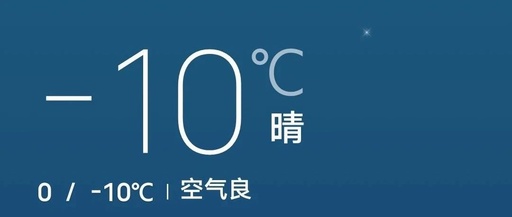A day’s plan starts in the morning.
It’s morning writing time again. I reviewed the case I provided advice on yesterday and wanted to note a few points as a warning:
Being able to treat a cold is actually the lightest of diseases. It is also the easiest disease to overlook, as everyone knows that a cold is a self-limiting disease that generally resolves on its own.
Yesterday afternoon, an acquaintance brought me some rather thin zhaojiao (soapberry), saying she picked them from a local soapberry tree when she went to the provincial hospital. They might not have grown well or could be a different variety. I accepted them and said I would ask the experts for identification later.
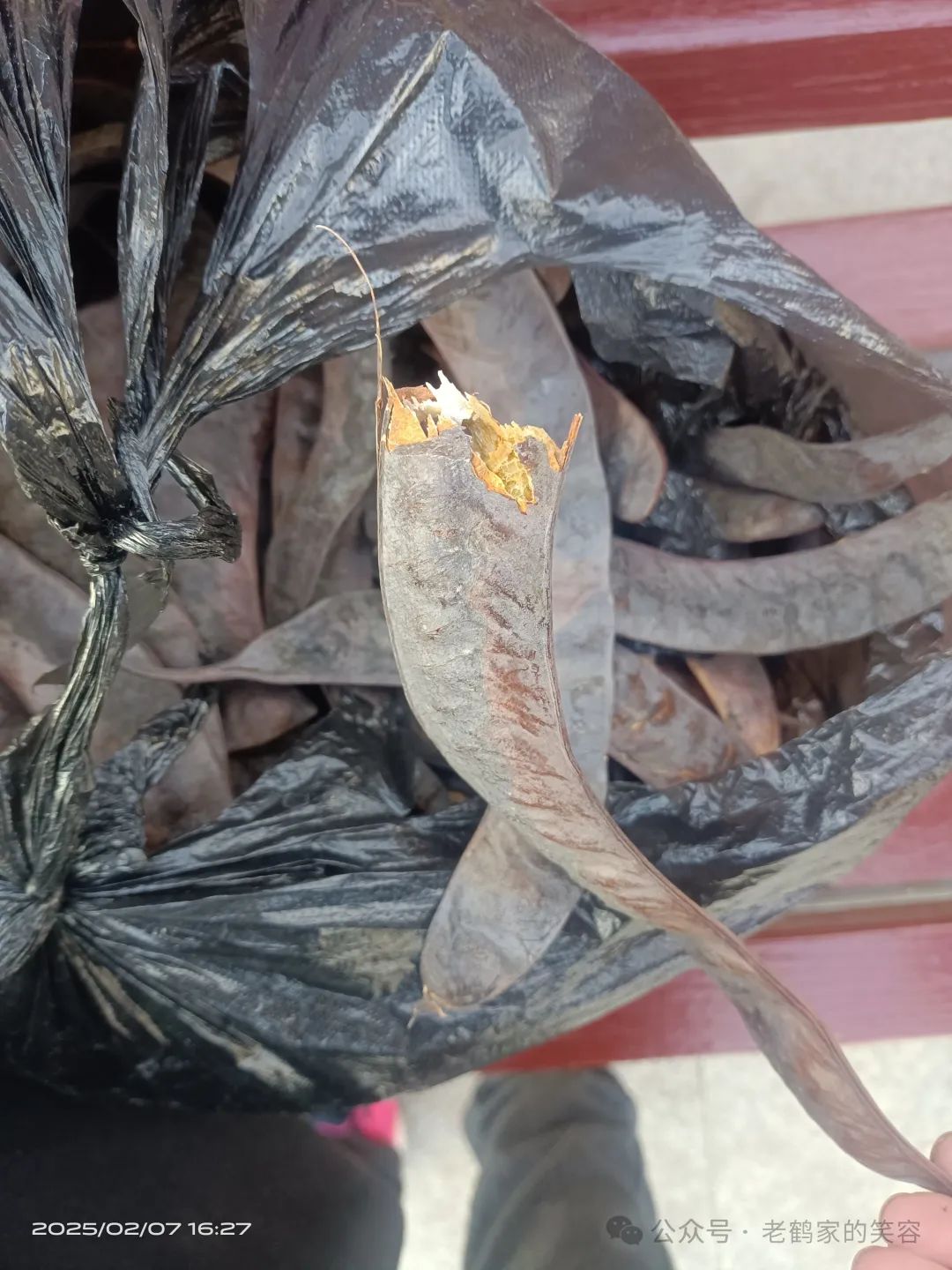
Next, the focus shifted from the soapberry to the process of seeking medical treatment. It went something like this: during the New Year, she suddenly experienced dizziness, tinnitus, nausea, vomiting, and fatigue in the morning, and then went to the hospital, where she was diagnosed with Meniere’s disease. After that, she actively sought treatment everywhere, and later, most symptoms were resolved, but the tinnitus and hearing loss remained. I looked at her tongue coating, which was thick and white, and the tongue body was dull. The prescribed medications included Ci Shi (Magnetite), Huang Qin (Scutellaria baicalensis), Long Dan Cao (Gentiana scabra), Xuan Shen (Scrophularia ningpoensis), Men Dong (Ophiopogon japonicus), Gui Shao Yao (Peony), and Yin Chen (Artemisia capillaris). I thought about the discussion on Zhen Gan Xi Feng Tang (Calm the Liver and Extinguish Wind Decoction), assuming that if she had a history of hypertension, it might be more suitable. I heard that she still had quite a bit of medicine left after taking it for a day or two, so I suggested she finish it first.
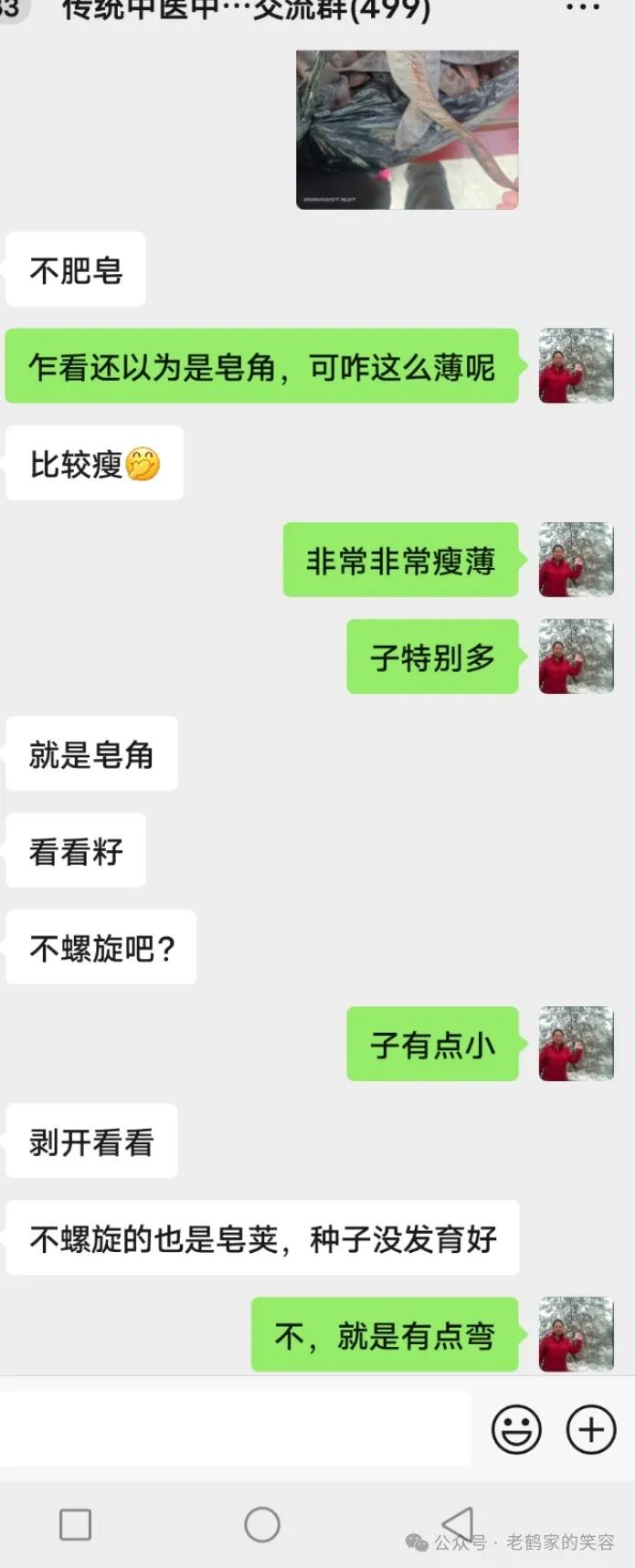
I told her that in traditional Chinese medicine, trust is essential. Generally, one should not casually seek a second opinion on prescriptions. If you trust the doctor, that’s fine, but once you lose trust, it’s easy to waver in your confidence in the treating physician. Should she continue taking the medicine or be skeptical about it? Or should she just not undermine the treatment?
Trust leads to healing! As Bian Que said, if you believe that this medicine can cure your illness, it truly can. If your trust is diminished or absent, then the efficacy of the medicine is indeed compromised.
So I shifted the topic again and asked her how long it had been since she last had a cold or fever. She thought for a moment and said it had been many years since she had a high fever. Even during the pandemic, her temperature only reached 37-38 degrees Celsius for a day, which certainly does not count as a high fever.
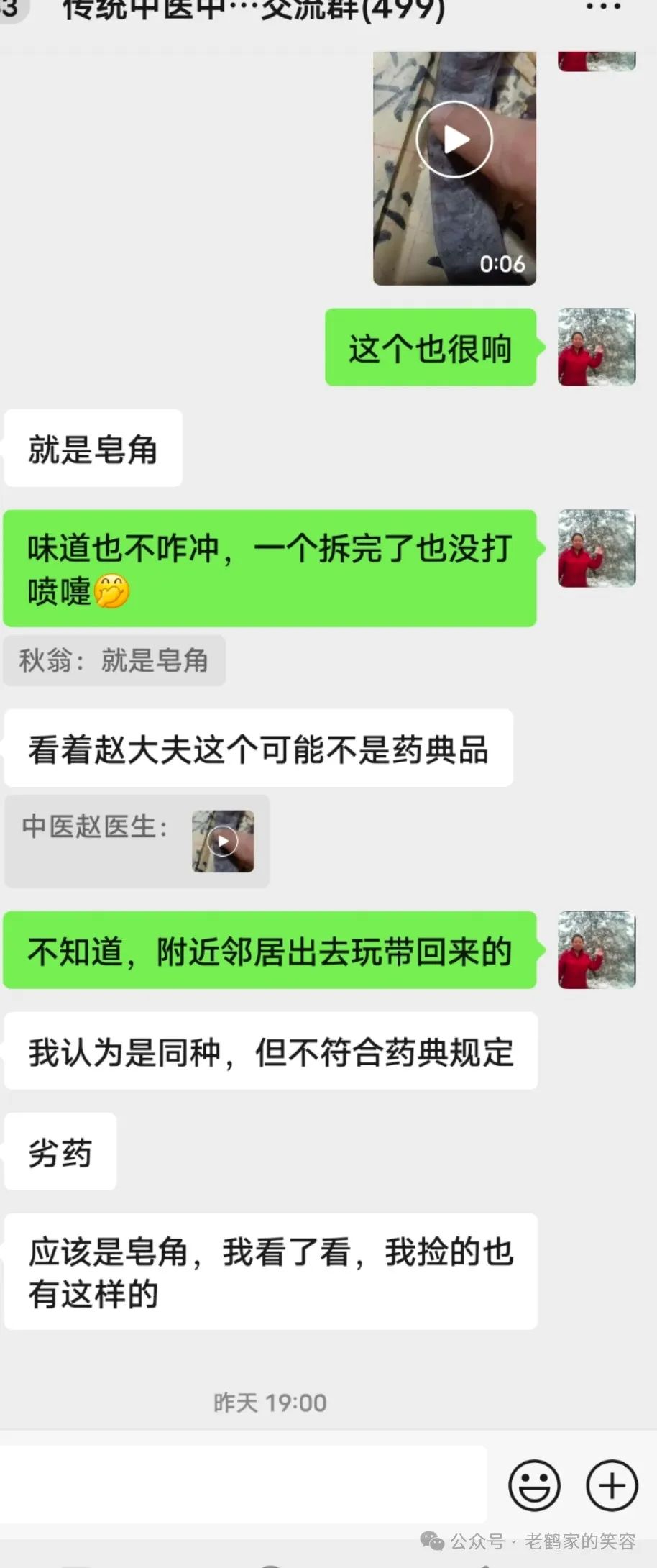
I said that actually, the first appearance of fever during a cold, even a high fever, is a normal phenomenon. The ability to develop a fever indicates that the body’s immune system’s emergency feedback mechanism has been activated. This means that when an external pathogen invades, the immune system can detect it immediately, indicating that the defense mechanism’s alarm system is sensitive. Therefore, the ability to develop a fever, even a high fever, is actually a good thing!
However, a high fever means that risks and opportunities coexist. How to enhance defensive functions is actually a state of “seeking fortune in danger.” A planned, purposeful, and assured risk experience is an indispensable opportunity to enhance immune function. One should not actively seek trouble, but when trouble arises, one should not fear it. Be bold yet meticulous, respect life, observe the changes in pulse diagnosis, and treat according to the symptoms. Transforming danger into safety is the best strategy. For instance, fearing a high fever and immediately administering antipyretics like acetaminophen and ibuprofen at 38.5°C is merely an alarm response, belonging to a primary stage. Advanced treatment is not about taking antipyretics at the first sign of fever, but rather, it should not lead to the situation where one stops fever treatment and shifts to treating other diseases.
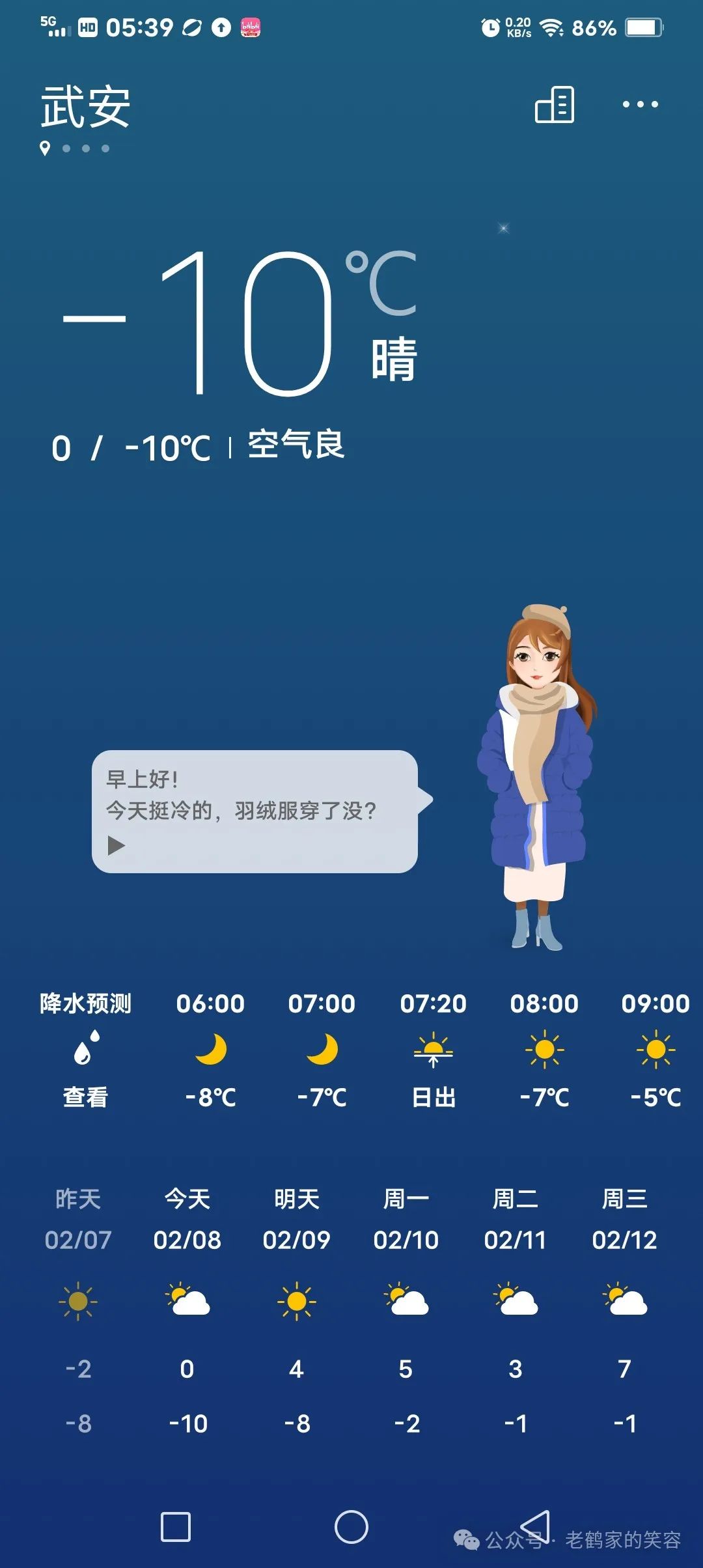
Another case is about a senior high school student. The stress of senior high school life is something that many parents can relate to. A senior high school homeroom teacher mentioned a common phenomenon: students in the top ten rarely take frequent sick leave, while those in the lower ranks often feel unwell every few days. I reflected on my child’s situation during the senior year and found it quite fitting. It echoed what our teacher Zhao said: in any subject, once you reach a certain level, the theories are interconnected.
Senior high school teachers best understand the tension of senior high school life and the potential exhaustion of students, while doctors likely understand the health risks that arise after overexertion. To avoid pitfalls, a lot of effort and dedication is required. Whether it is worth exhausting oneself for grades and trading health for performance depends on the choices made by parents and children, and how to avoid losses is the main concern.
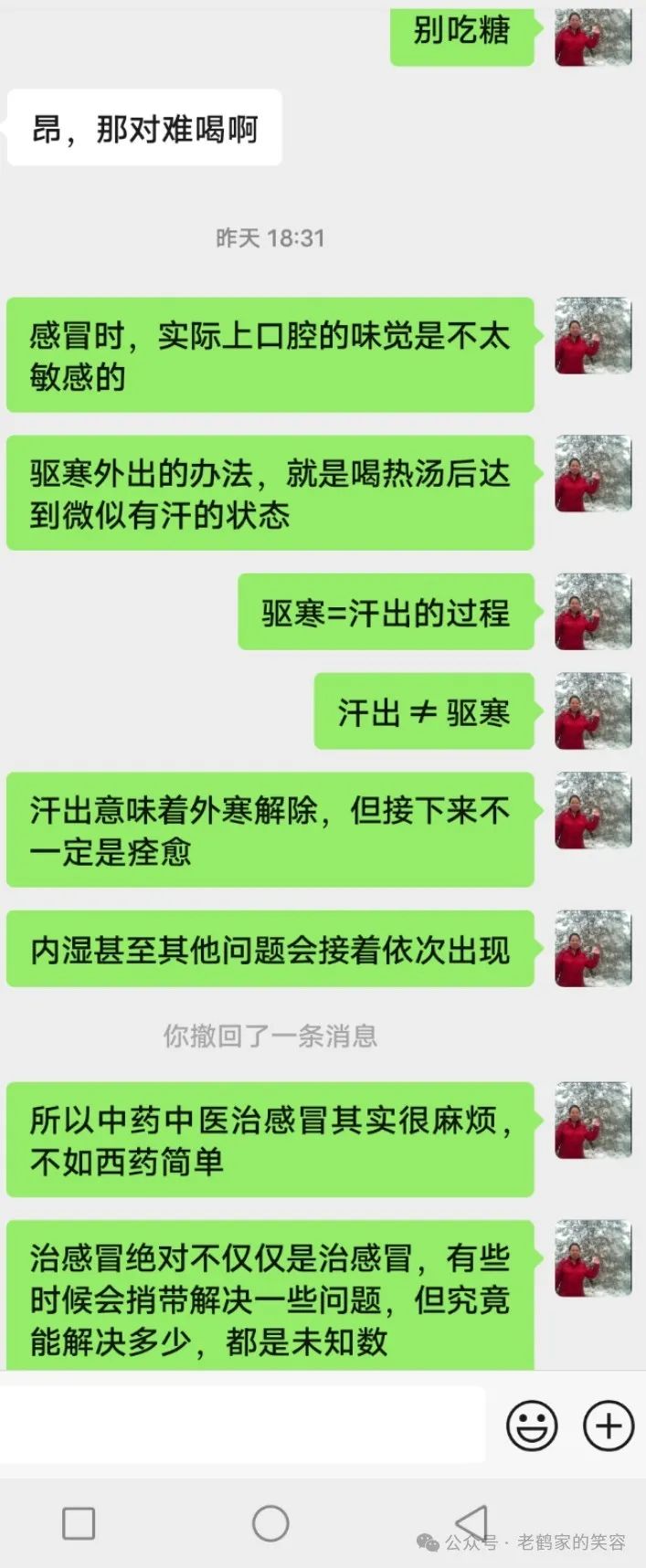
For the few close friends and confidantes I have, I am willing to spend more time explaining things in detail. In my level of practice, treating illness in traditional Chinese medicine is not just about suppressing symptoms and matching them to diagnoses; often, the illness cannot be cured merely by “medication.”
Encountering children who never develop a fever during a cold is actually not a normal phenomenon. The inability to develop a fever indicates a lack of sufficient defensive resistance.
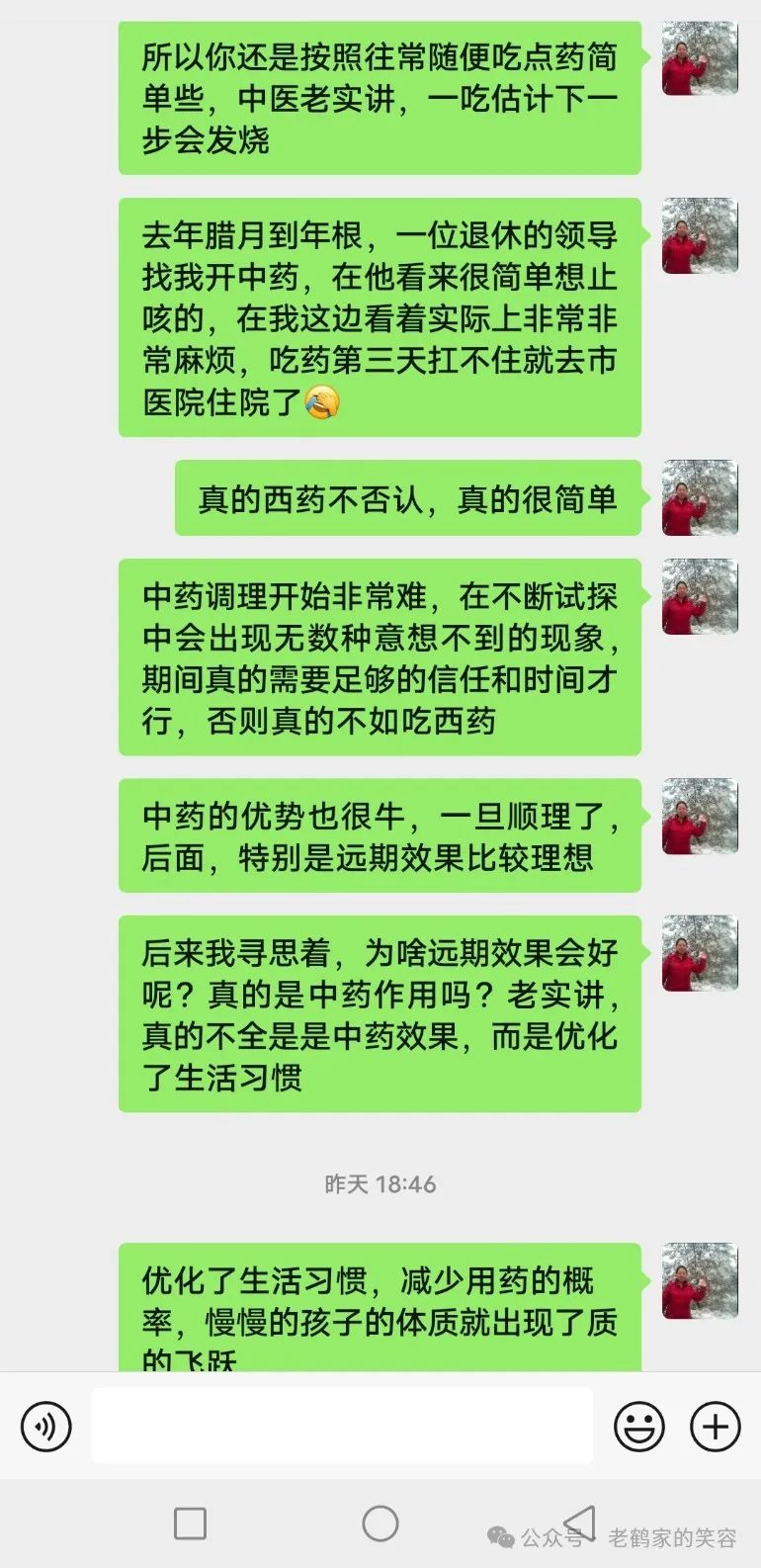
Western medicine states well: occasionally cure, often help, always comfort.
Traditional Chinese medicine is similar, but with a more proactive approach: if a disease cannot be cured, it is because the proper method has not been obtained!
Patients must find a way to recover from their losses; otherwise, it is very difficult for the illness to heal. Simply patching one problem while neglecting another is not a long-term solution.

